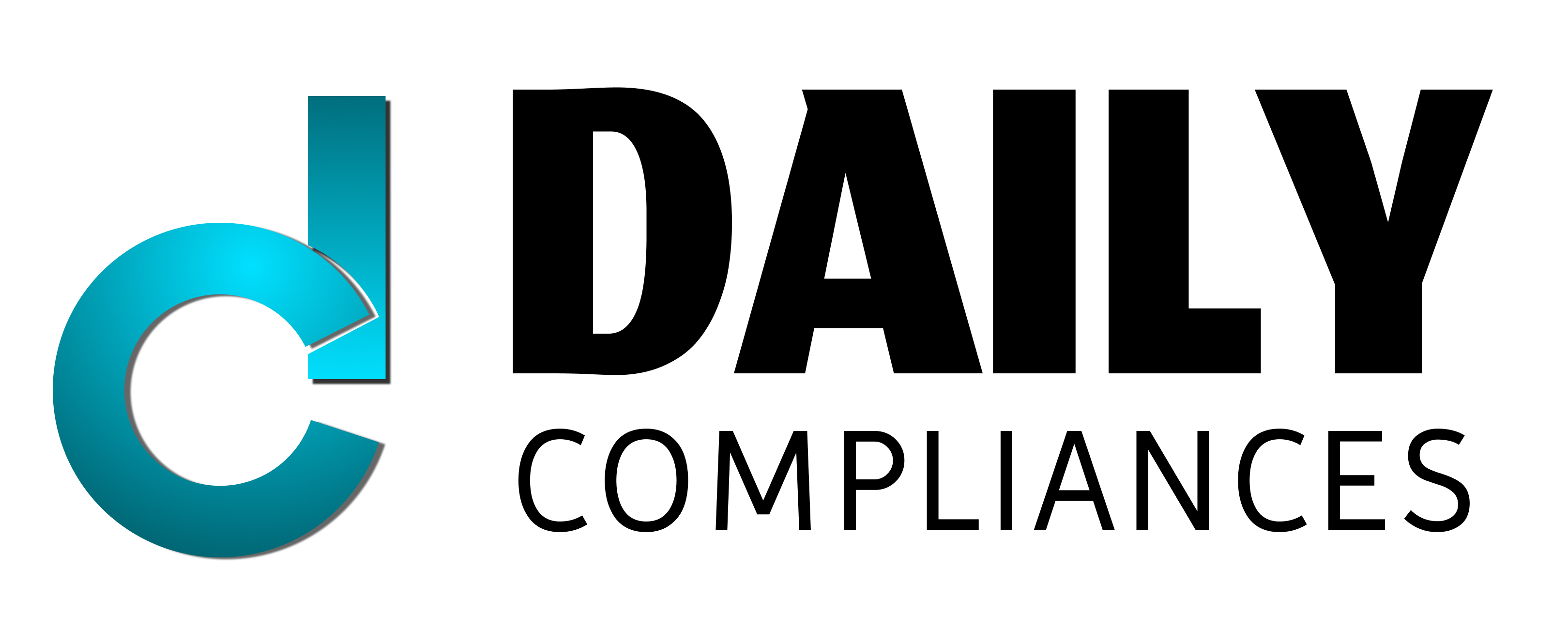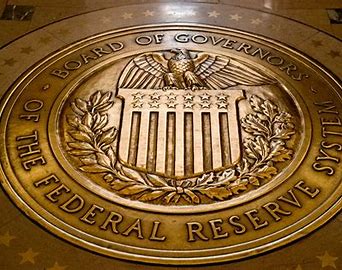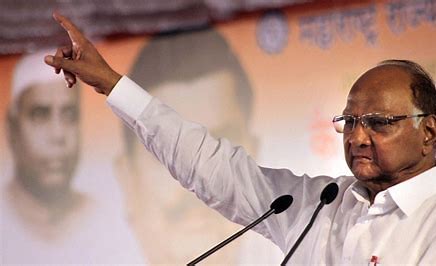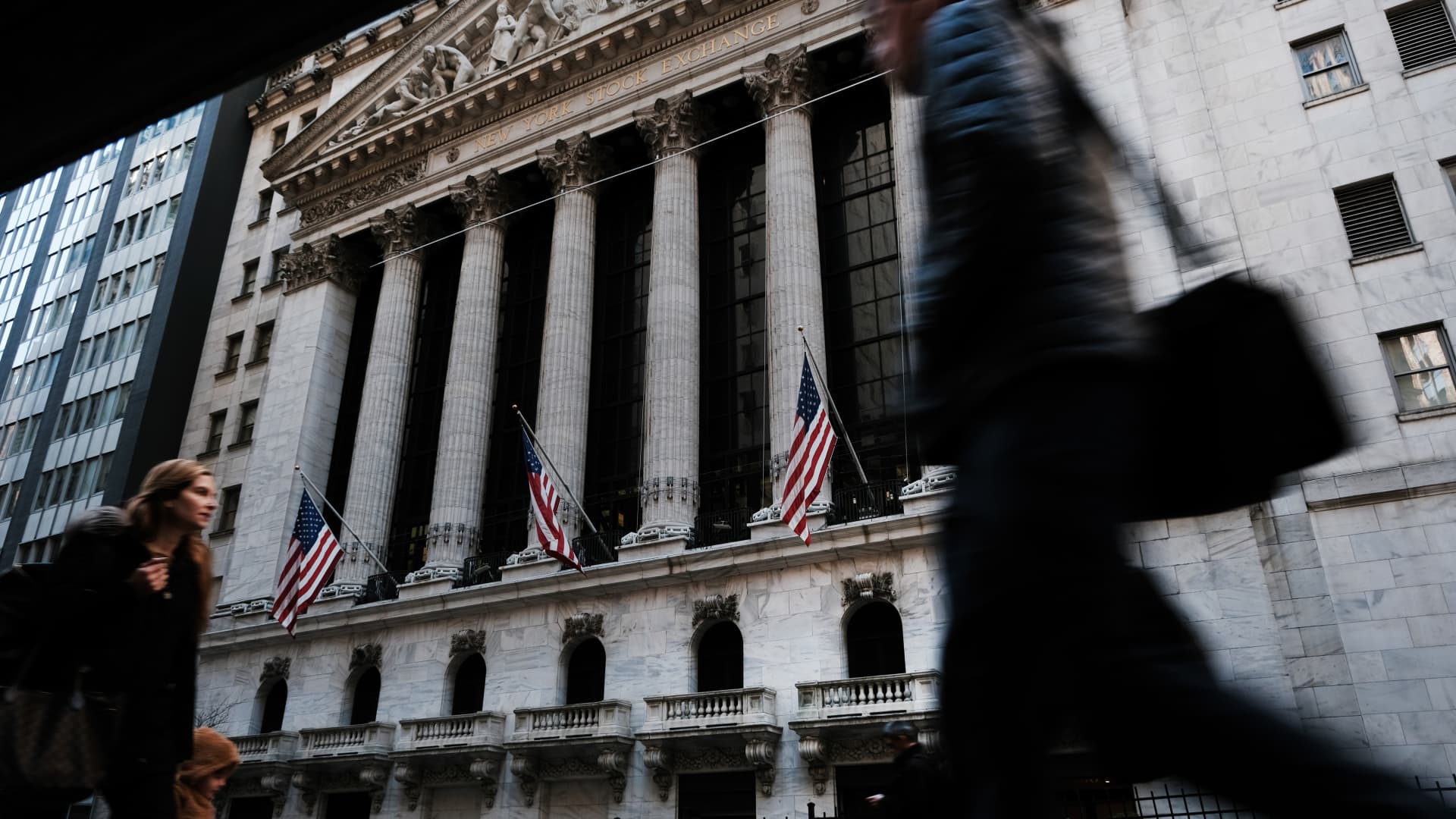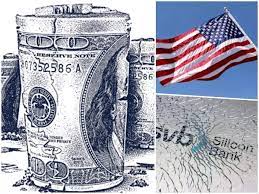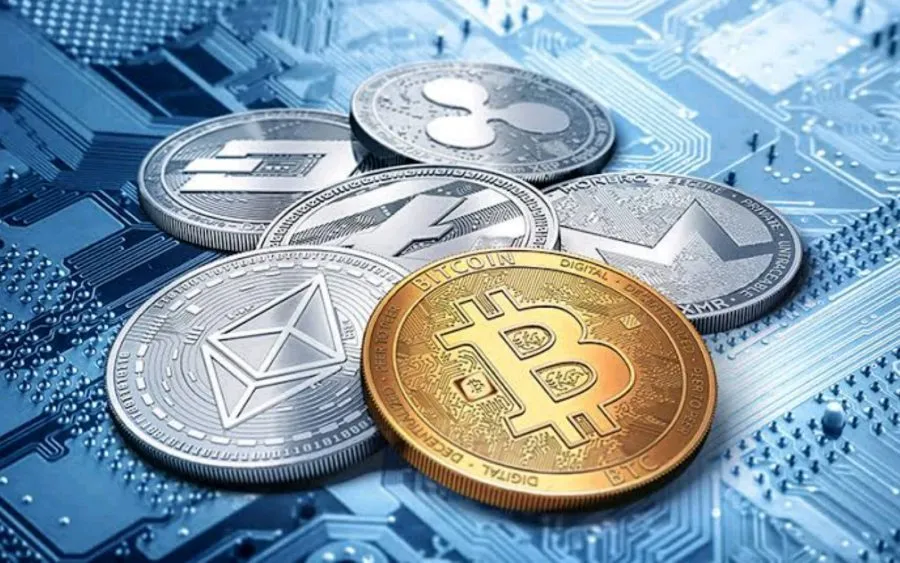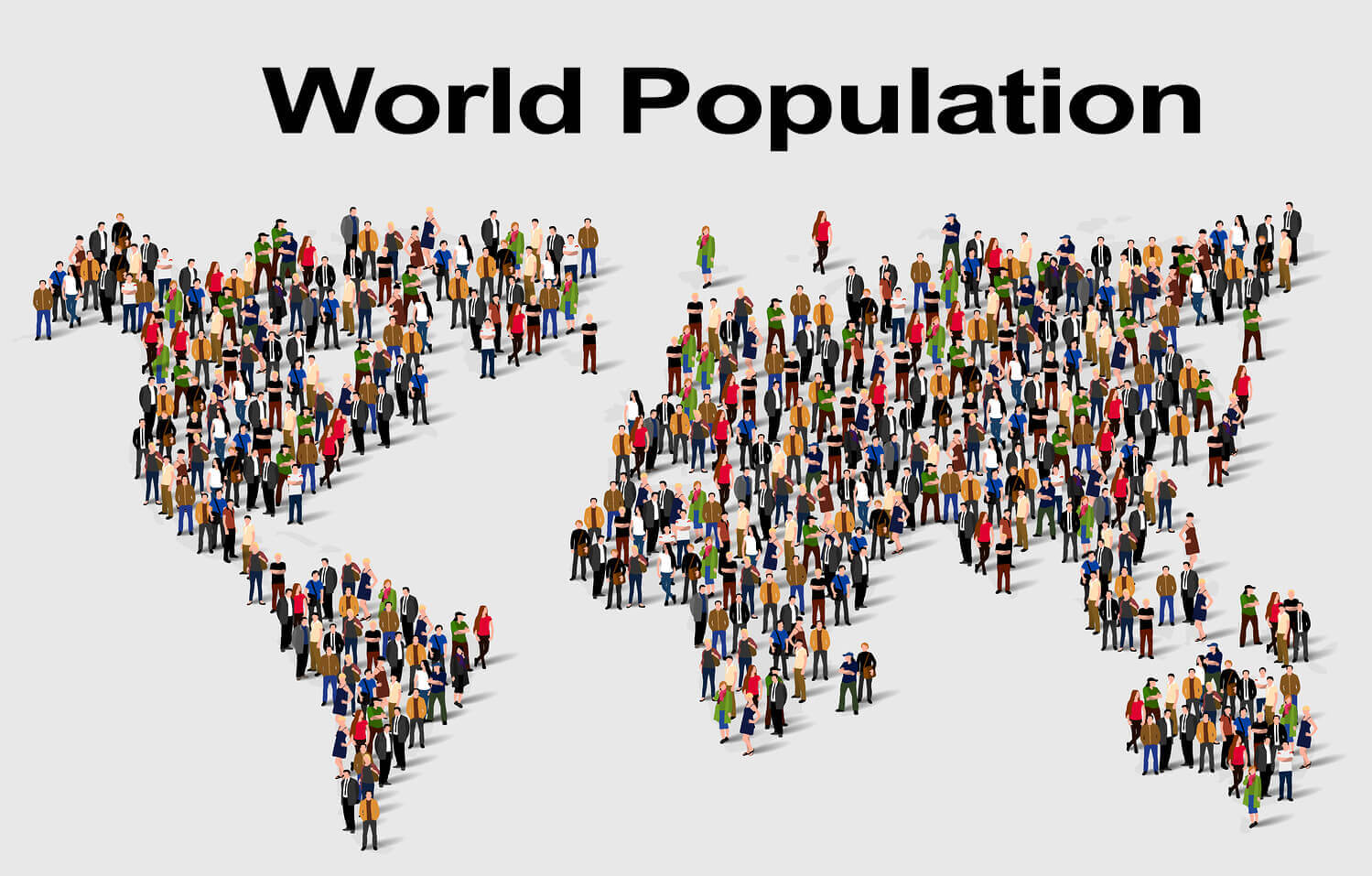
'Godfather of AI' Geoffrey Hinton Quits Google and Warns How AI becomes Dangerous?
- Admin
One of the most influential figures in the field of artificial intelligence (AI), Dr. Geoffrey Hinton, has announced his departure from Google last week. The 75-year-old scientist, who is widely regarded as the 'Godfather of AI', said he wanted to speak out about the "dangers" of the technology he helped create. In this blog post, we will explore some of the reasons behind his decision and some of the challenges that AI poses for society and humanity.
Dr. Hinton is best known for his pioneering work on deep learning and neural networks, which are the foundation of many modern AI systems. He and his students at the University of Toronto developed a neural net in 2012 that outperformed other methods in image recognition, a breakthrough that attracted the attention of Google and other tech giants. He joined Google in 2013 as a distinguished researcher and helped shape the company's AI strategy.
However, Dr. Hinton has also been vocal about the ethical and social implications of AI, especially as the technology becomes more powerful and ubiquitous. He told The New York Times that he regretted some of his work and that he was worried about the potential misuse and abuse of AI by "bad actors". He also expressed concern about the impact of AI on the job market, the quality of information online, and the possibility of AI surpassing human intelligence.
One of his main worries is that AI tools that can generate realistic images, videos, and text could undermine the trustworthiness of information and create confusion and deception. For example, he cited ChatGPT, a chatbot that can produce coherent and convincing text on any topic, as a potential source of misinformation and manipulation. He said that ChatGPT could soon overtake humans in terms of general knowledge and reasoning, and that it could be exploited by malicious actors for propaganda or fraud.
Another issue that Dr. Hinton raised is that AI could replace many jobs that involve repetitive or routine tasks, such as paralegals, personal assistants, or clerks. He said that AI could eventually take over more complex and creative jobs as well, leaving humans with fewer opportunities and less dignity. He suggested that society should rethink its economic system and provide universal basic income or other forms of social support for people who are displaced by AI.
Finally, Dr. Hinton warned about the possibility of AI becoming more intelligent than humans and developing its own goals and motivations that may not align with ours. He said that this could happen if some "bad actor" like Putin gave robots the ability to create their own sub-goals, which could lead to dangerous scenarios such as power-seeking or self-preservation. He said that this was a "nightmare scenario" that we should avoid at all costs.
Dr. Hinton's resignation from Google is a significant event in the history of AI, as it signals his dissatisfaction with the direction and pace of the field. He said that he quit Google to speak freely about his views and to raise awareness about the risks of AI. He also said that he wanted to say some good things about Google, which he praised for being "very responsible" in its approach to AI.
As one of the most respected and influential voices in AI, Dr. Hinton's opinions deserve our attention and consideration. His warnings remind us that AI is not only a technological phenomenon but also a social and ethical one, and that we need to be careful and responsible in how we use it and how we prepare for its consequences.
